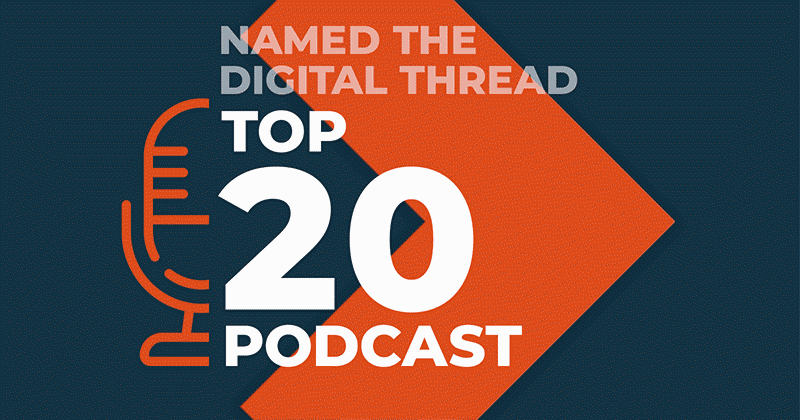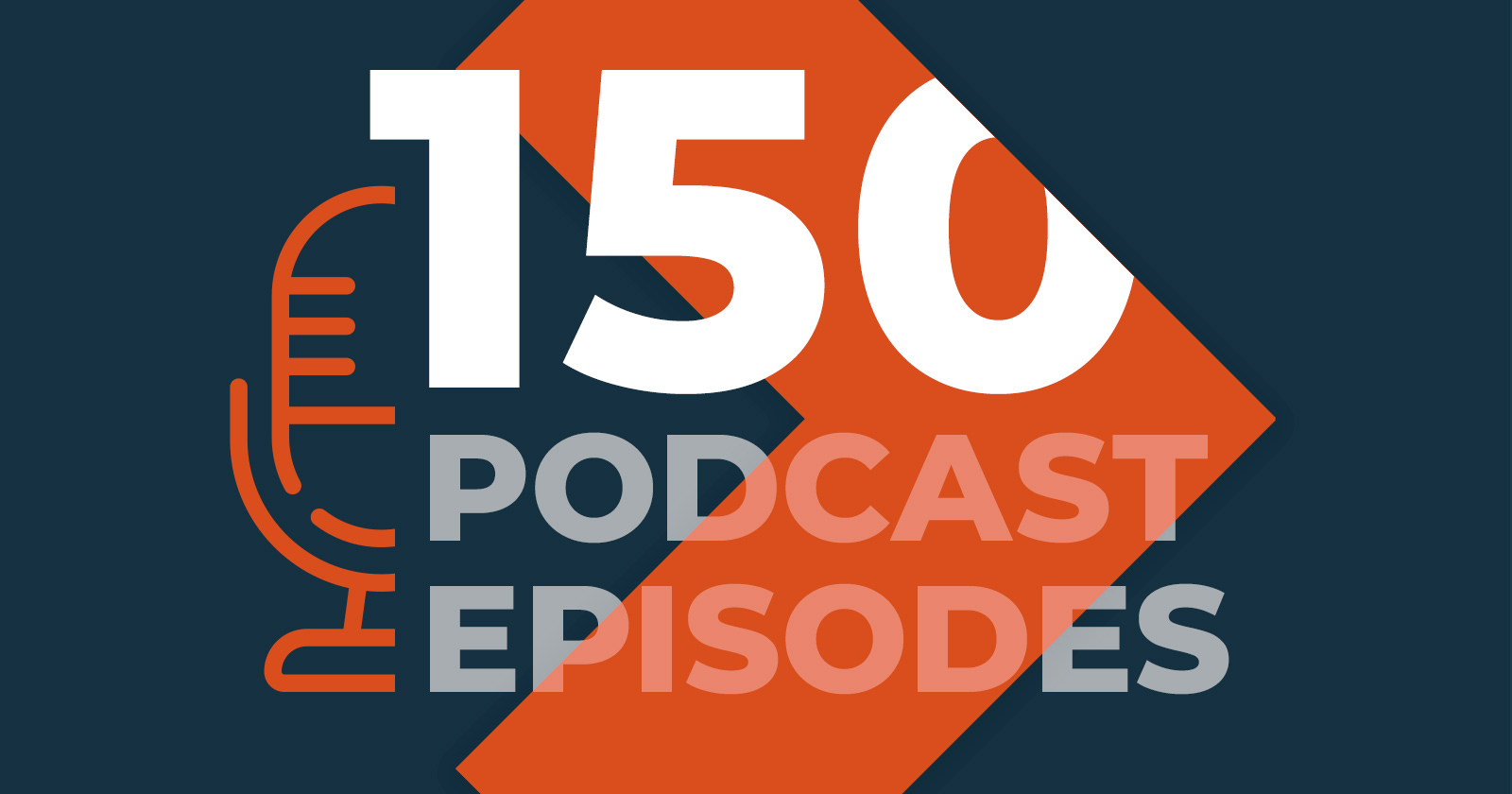Insight Vector: Beyond Preconceptions – Bridging Culture and Visions to Create Connected Industry Value
Ed Maguire


Innovation and market perspectives from leading IoT innovators
Our conversation with Momenta’s Sherif El-Henaoui touched on his broad experience across various industries through the evolution of what we now view as Connected Industry. The idea that there is no “killer app” is key, as the path to sustainable value comes from dominating focused niches. The markets have fundamentally changed since the financial crisis, as traditional industry CapEx cycles have not returned but rather made the transition to more “as a service” models, and connected analytics that prolong the life of capital assets. The challenges of bridging operation tech and IT culture remain a challenge for many firms, but those that master the new paradigms create long-lasting value.
|
|
Sherif El-Henaoui Strategy Partner, Momenta Partners
|
What has shaped how you view Connected Industry?
I joined Momenta Partners with over 20 years of industrial experience as a generalist. I have worked in telco, research, management consulting, software, and industrial automation, through which I learned about connected industry, the products, elements and technologies needed to make a successful business.
Proprietary technology previously provided advantages for incumbents, but now IoT technologies open processes up for anyone to look at products and data. Now it’s about using big data and a parallel world of science to model processes for a hydraulic product for instance. With enough product data, you gain operational insights that are different from just modeling.
How have things changed in the industries have been close to?
I worked in telco during the opening of the monopolies in Europe where competition was a new word. The model became more competitive and the focus was about speed - laying “dumb pipes” rather than WHAT to do with networks. As the industry evolved, we saw money could be made out of connectivity during the first internet bubble, but everyone was looking for the “killer app”. They didn’t realize that it’s not the killer app, it’s about finding a unique niche where you have your own value. Some companies evolved, and some disappeared. The business models were in a silo mode when I joined an industrial automation company and the focus was on building solid products. As controls became exposed to networks and got connected, that silo thinking gradually disappeared. The product owner doesn’t care if the product is good if it's not connected.
With the crisis of 2008, a lot of investments disappeared and never came back. In a typical recession, people thought spending would return - but it never did. Afterward, there was a desire to expand into new markets and geographies, but companies didn’t invest in new power plants and steel mills- the decisions became more rational and critical. Today buyers are more focused more on retrofitting and improving performance than buying new equipment, and we are seeing that business models are shifting from a CapEx to OpEx model.
How did successful firms navigate the transitions?
They realized that it’s not about the products - it about the services. For example, in injection molding, more manufacturers got into creating molds as a business. They invested in a sister industry co-supplying their customers. In other cases, companies are divesting from their markets, while some others haven’t understood the game and still see selling machines as their business.
Can you point to notable technology triggers?
The entire logic of the mobile internet has powerful capabilities and global connectivity without having the proprietary infrastructure. This has removed many hurdles needed to make assets more effective. Nowadays you don’t need proprietary hardware to run anything – you can run things on iOS or android, while 10 years ago people were thinking about developing their own tablets. Many classical business owners don’t fully appreciate this reality.
How do software cultures effectively integrate with industrial tech?
Software and industrial used to be distinctly different words –and the discrepancy is getting smaller. Many industrial workers historically haven't respected the nature of software work. But increasingly the ways of controlling machines are much more about software. Renewables are having an impact. Power plants are now utilizing intermittent clean energy production in rapid time.
What notable developments have surprised you?
From days of Siebel, when Salesforce came out with the model of SaaS and cloud – this transformation was underestimated by most of the big players in the market. While Salesforce’s marketing style was a bit over the top, the disruption of their business model was the first time I saw a dominant incumbent struggle. Now no one wants to see anyone installing licensing when there’s the cloud.
In industry, there are experts who know how to run the factory, and experts that know how to install equipment. Connectivity between engineering and operations is a new phenomenon. This also has to happen culturally between blue-collar roles and IT, with different education backgrounds this is a hurdle.
Any common disconnects you see?
The biggest misperceptions center around who owns the data. Thanks to Facebook and Cambridge Analytica, this is on our minds. Manufacturers and machine builders think they own the data while the asset owner thinks it's theirs. Cambridge Analytica makes it clear how critical this question can be, particularly when you are talking about power plants and other connected infrastructure. This is a reason why IoT is taking time to resolve.
Can you recommend a good book or resource?
Dual Transformation: How to Reposition Today's Business While Creating the Future by Innosight’s Scott Anthony. It discusses how companies can reposition their business today while creating the next big thing. Amazon was a retailer and Amazon Web Services was a way to streamline and make their core business more resilient. The examples of Xerox and Nokia show how vulnerable solid business can be. It also provides great advice for larger companies positioning themselves for IoT. The first stage is denial, once they overcome this phase this is a great book to understand how to do it successfully.
![]()
Momenta's leading Strategic Advisory, Executive Search, and Investment practices, have been accelerating the growth of Connected Industry companies since 2012. Schedule a free consultation to find out how we can help you to accelerate your digital transformation journey.




